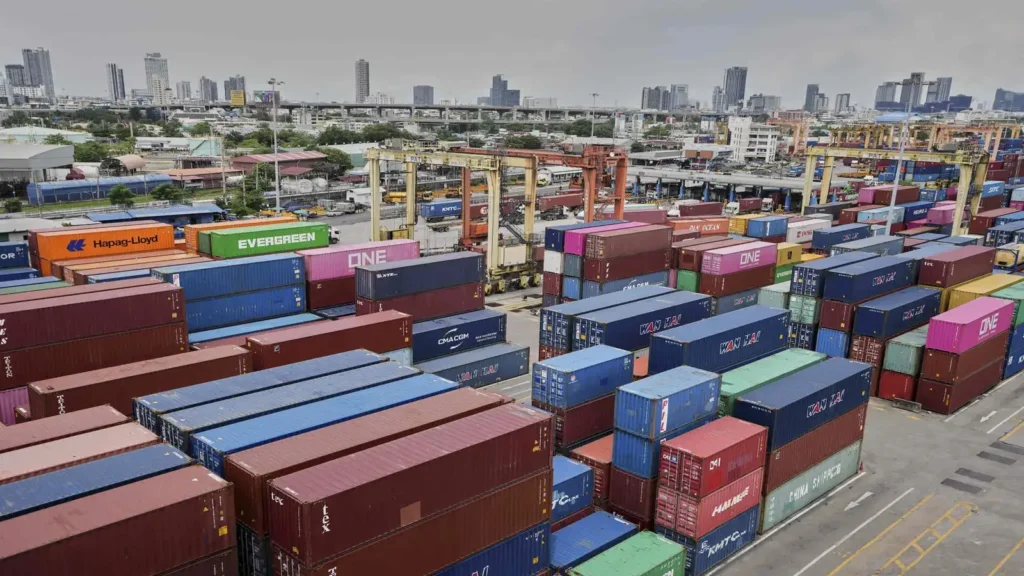PLI schemes, FTAs, logistics reforms & export hubs powering India’s push to strengthen manufacturing & global trade presence.

The Government of India has unveiled a comprehensive set of measures to strengthen domestic manufacturing and boost exports, with a focus on PLI schemes, logistics reforms, and district-level export hubs.
A major milestone was achieved with the signing of the Comprehensive Economic and Trade Agreement (CETA) with the UK in July 2025, while talks with the European Union are in advanced stages.
Alongside trade agreements, the Production Linked Incentive (PLI) schemes across 14 sectors have been instrumental in driving investments, job creation, and exports. Notably, the electronics PLI scheme has transformed India from a net importer to the world’s second-largest exporter of mobile phones, with exports rising from ₹1,500 crore in 2014-15 to over ₹2 lakh crore in 2024-25.
To enhance competitiveness, initiatives such as the National Logistics Policy, PM Gati Shakti, and the National Industrial Corridor Development Programme are modernising infrastructure, cutting costs, and improving connectivity.
Grassroots initiatives like Districts as Export Hubs (DEH) and E-Commerce Export Hubs (ECEHs) are empowering MSMEs, artisans, and start-ups by simplifying processes, reducing costs, and opening global opportunities.
These coordinated efforts have reduced import dependency, boosted exports in critical sectors such as medical devices and pharmaceuticals, and positioned India as a rising global export hub.
Source: PIB











